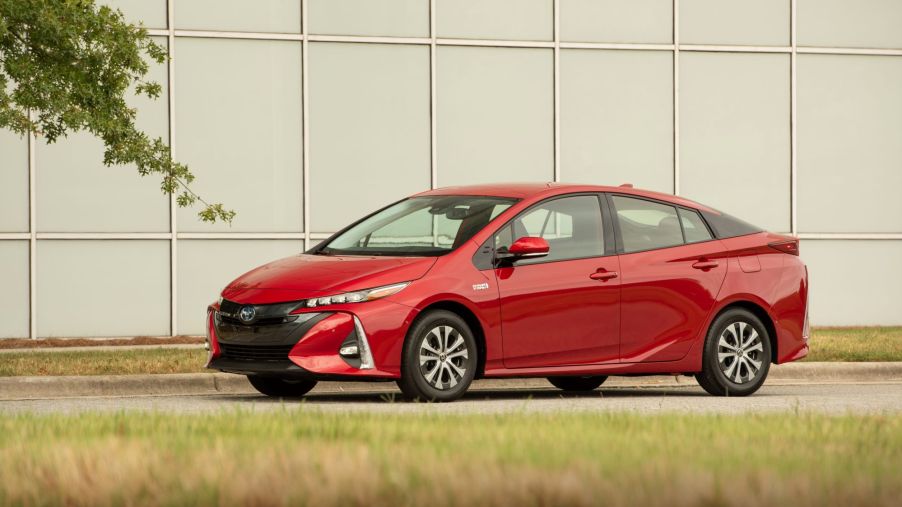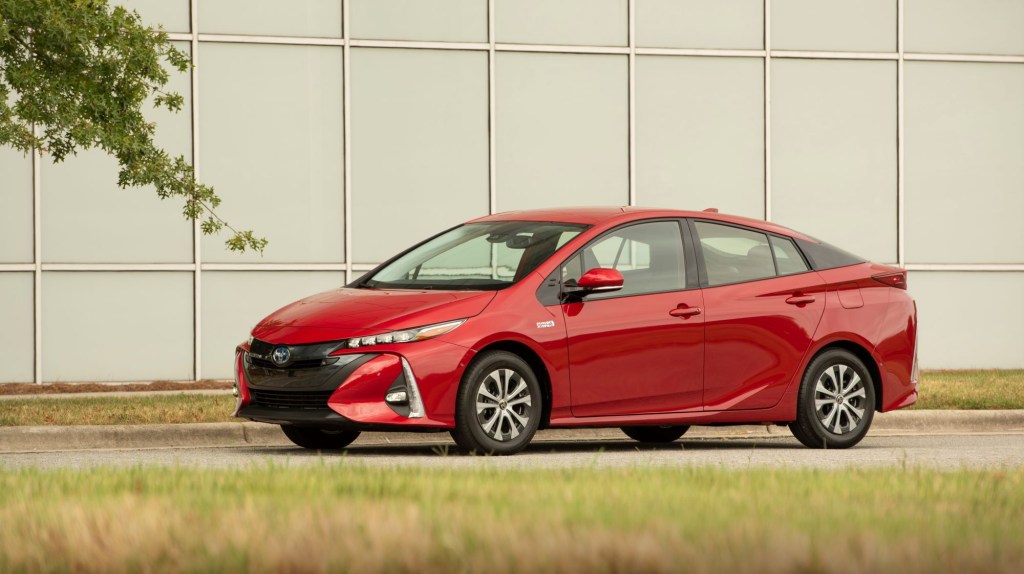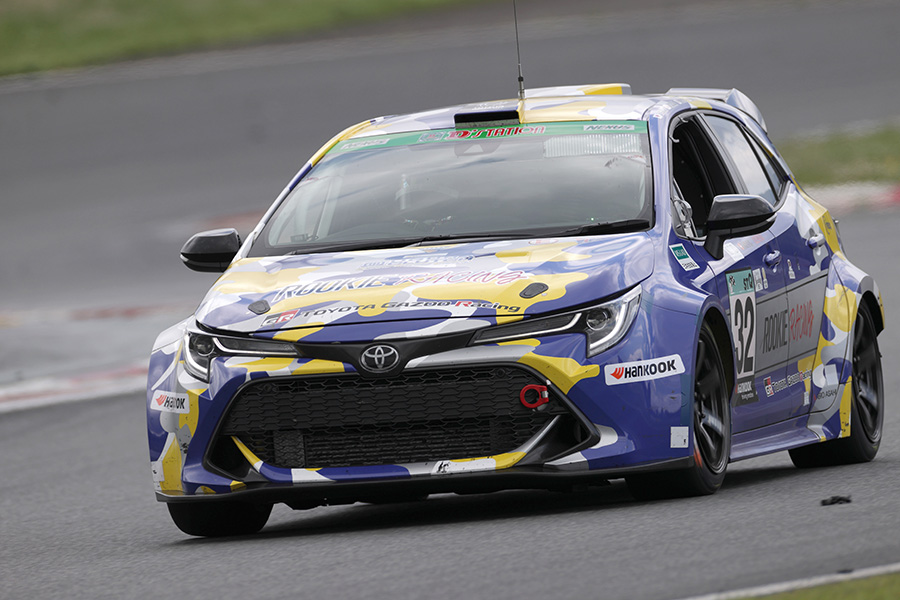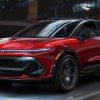
Toyota Will Launch Hydrogen-Powered Corolla and Prius in 2023
Toyota will launch all-new hydrogen-powered vehicles, the Corolla and Prius in 2023. Toyota has been historically ahead of other automakers as far as environmental friendliness but one of the slower automakers into the electric vehicle scene. It seems to be taking a different approach. Toyota has pushed hydrogen as a viable carbon-neutral fuel. It has a planned heavy-duty truck fuel cell module assembly in Kentucky, as well as the Mirai fuel cell car. . It has offered hybrid options on every vehicle in its lineup other than the GR86, GR Yaris, and Supra. Now furthering the progression of hydrogen as a fuel source, two of its most popular vehicles will become hydrogen-powered.
Hydrogen-powered Toyota Prius

The fuel-efficient Toyota Prius is well-known for being an eco-friendly machine. The first-ever mass-produced hybrid vehicle was the Prius in 1997 and over the years, it has become a model synonymous with never needing to stop for gas. Though still using the same plug-in hybrid technology, in 2023 it will be powered by hydrogen. As a result, like a traditional Prius plug-in hybrid, it will have the benefits of running on a battery but uses hydrogen instead of gasoline. The process is notably different from the above-mentioned Mirai. The Mirai uses a chemical reaction between hydrogen and oxygen in fuel cells to generate electricity to power its motors. The Prius and Corolla will operate as a traditional vehicle does, only replacing gasoline with hydrogen.
Hydrogen-powered Toyota Corolla

In 1966, Toyota started production on the Corolla and it is available today in both standard and hybrid models. However, like the Prius, it will come in a hydrogen-powered variant beginning in 2023. Toyota recently competed in “The Fuji 24-Hours” race using a Corolla with a hydrogen-powered combustion engine in a Corolla hatchback. The 1.6-liter turbo three-cylinder engine was converted to run completely on hydrogen using a Denso injection system. This technology was pioneered using the Toyota Mirai hydrogen fuel cell sedan. The Corolla has four hydrogen tanks that can hold up to 180 liters, or 47.551 gallons. These tanks sit behind the driver’s cockpit, surrounded by carbon fiber crash structures. This race helped spark the desire to release a hydrogen-powered Corolla in 2023 alongside the Prius.
Why not electric?
With the automotive industry surging into the electric vehicle market, it seems odd for Toyota to be moving in a different direction. Toyota’s primary goal with hybrid, electric, and hydrogen vehicles is to reduce emissions. According to Forbes, in 2019 a Toyota Spokesperson said the vehicle giant is capable of producing 28,000 electric cars per year vs. 1.5 million hybrid cars. Therefore hybrids are a priority because 1.5 million hybrid sales per year reduce carbon emissions by a third more than 28,000 electric vehicle sales. Toyota’s goal is to achieve carbon neutrality by the year 2050. The automaker did announce the production of its first completely electric vehicle concept, the “bZ4X”, in April 2021.
Toyota seems to have reduced emissions prioritized as they give consumers a multitude of reduced-emission vehicle options. Toyota is taking big strides to reduce carbon emissions. A full lineup of hybrid vehicles is already available, and hydrogen-powered vehicles are being added in 2023. The incoming production of their first electric vehicle in 2022 is will launch Toyota to the top of eco-friendly manufacturers. The hydrogen-powered Toyota Corolla and Prius will release sometime in 2023.



